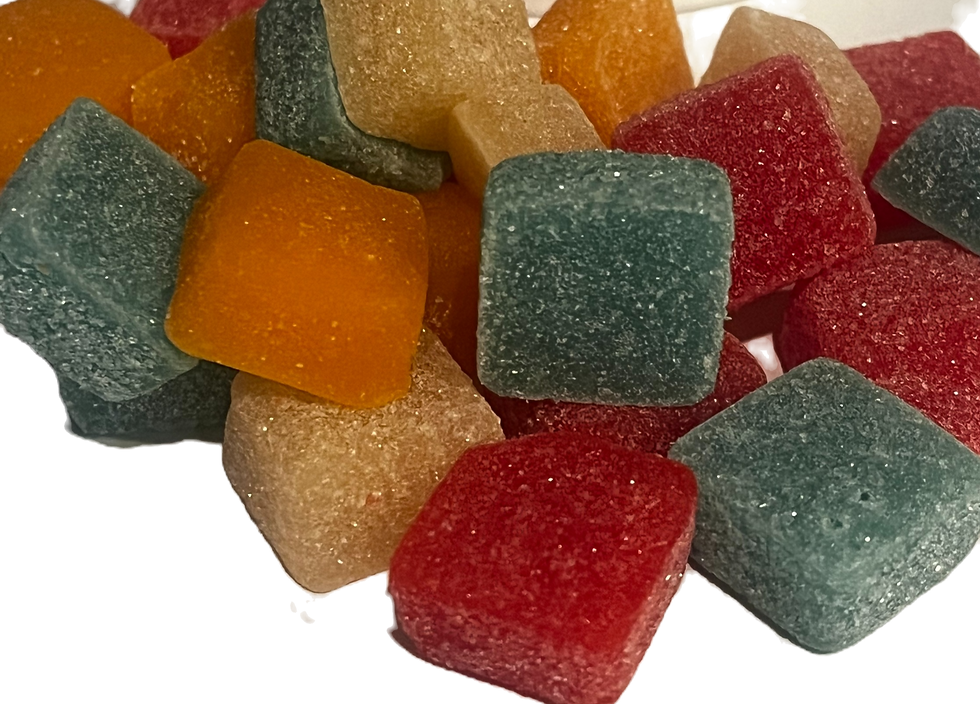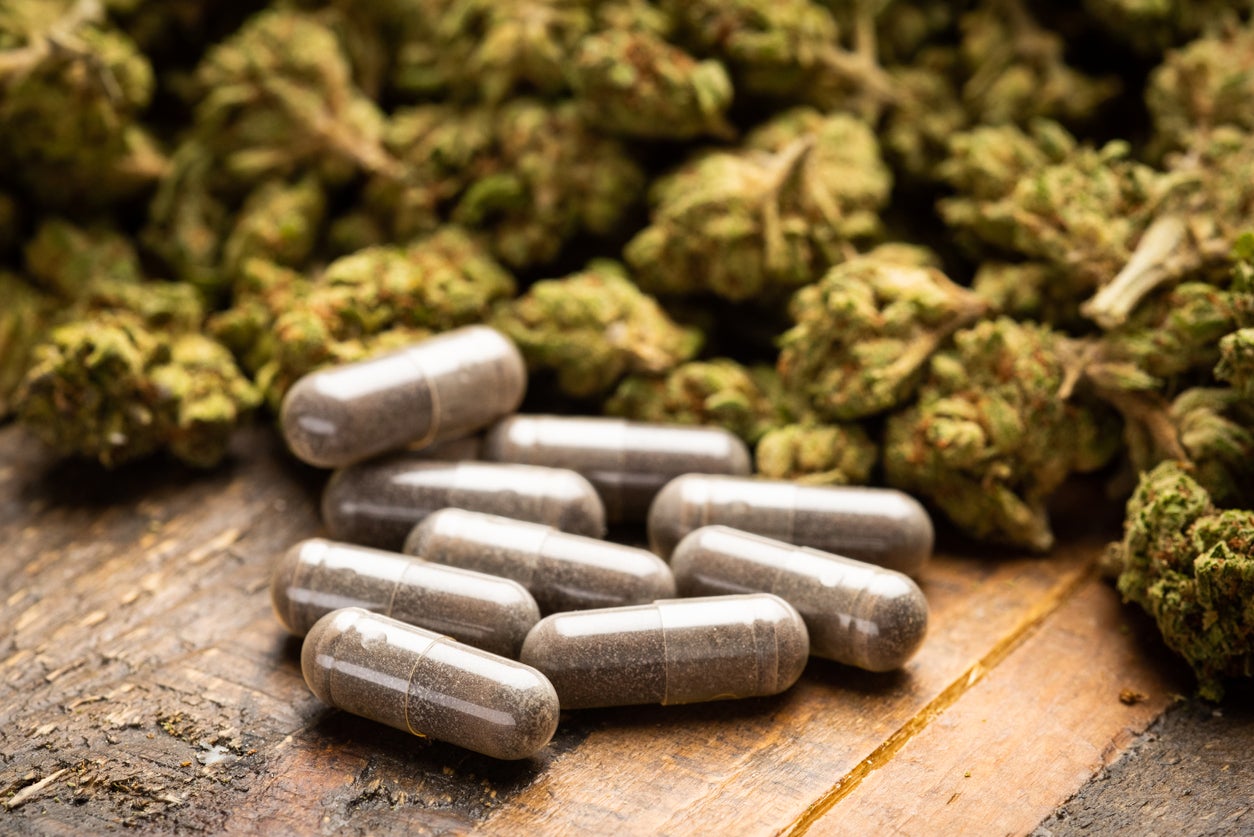
Nebraska's Crackdown on Consumable Hemp: A Shifting Landscape
In the heart of America’s Cornhusker State, a legislative storm is brewing that could reshape the hemp industry. The Nebraska Legislature is advancing Legislative Bill 316 (LB 316), a proposal aimed at imposing broad restrictions on consumable hemp products, redefining them as marijuana under state law. This move, spearheaded by State Senator Kathleen Kauth and backed by Attorney General Mike Hilgers, seeks to curb the sale and possession of hemp-derived products containing more than 0.3% tetrahydrocannabinol (THC). As Nebraska grapples with this potential “de facto ban,” the implications for businesses, consumers, and the state’s economy are profound, raising questions about regulation, public health, and personal freedom.
A Loophole Under Scrutiny
Nebraska’s hemp journey began with the 2018 Farm Bill, which legalized hemp nationwide, followed by the state’s 2019 Hemp Farming Act, allowing cultivation and commercialization of hemp with up to 0.3% delta-9 THC. However, the law overlooked other cannabinoids like delta-8, creating a loophole that fueled a booming market for Hemp Products Online, Hemp Products Wholesale, and Hemp Products White Label. Retailers capitalized on this, offering gummies, tinctures, and beverages that mimic marijuana’s psychoactive effects. By 2025, an estimated 300 THC stores operated across Nebraska, generating significant tax revenue but drawing scrutiny for inconsistent labeling and untested health impacts.
Attorney General Hilgers has been vocal about the risks, citing lawsuits against 15 retailers and cease-and-desist letters to over 100 others. His office found that zero to 15% of tested products accurately displayed potency, with many containing undisclosed controlled substances. This lack of transparency, coupled with reports of adverse effects like vomiting and psychosis, has fueled the push for LB 316, which advanced 33-13 in April 2025, overcoming a Democrat-led filibuster.
The Case for Restriction
Supporters of LB 316 argue it’s a matter of public safety, particularly for children. Senator Jared Storm, who prioritized the bill, labeled hemp-derived THC a “public health crisis,” pointing to its accessibility—no age restrictions exist for purchases—and deceptive marketing. Products infused with candy-like flavors have raised alarms, with lawmakers recounting hospitalizations linked to synthetic cannabinoids. Kauth emphasizes that these “dangerous synthetic chemicals” masquerade as hemp, evading the rigorous testing required for human consumption.
The bill proposes strict limits: raw hemp cannot exceed 0.3% THC, and processed hemp is capped at 0.3% THC or 10 milligrams per package, effective January 1, 2026. A 10% wholesale tax would apply to legal products, while a “consumer safe harbor period” through 2025 allows users to discard newly illegal items. Neighboring states like Colorado, despite legalizing recreational marijuana, have imposed similar bans, lending credence to Nebraska’s cautious approach.
The Opposition’s Stand
Critics, led by Senator John Cavanaugh, argue that LB 316 overreaches, potentially criminalizing products legally purchased for years. Cavanaugh’s alternative, LB 16, proposes the Nebraska Consumable Hemp Control Act, advocating for licensing, age restrictions, and strict labeling to ensure safety without banning the industry. He estimates LB 316 could cost Nebraska $1.6 million in tax revenue amid a $314 million budget shortfall, while regulation could generate $7.7 million. The Nebraska Hemp Industries Association supports this, noting that hemp businesses employ over 1,600 people and contribute nearly $8 million in taxes, per the 2023 U.S. National Cannabinoid Report.
Dr. Andrea Holmes, a cannabis chemistry expert and co-owner of Kind Life Dispensary in Lincoln, dismisses health scare tactics, arguing that adverse effects often stem from underlying conditions or mixed substances. Her dispensary, one of Nebraska’s first, serves hundreds using hemp for pain, anxiety, and PTSD. A ban, she warns, could devastate small businesses and push consumers to unregulated black markets, echoing the failures of prohibition.

Economic Ripples and Consumer Impact
The hemp industry’s growth has been a lifeline for Nebraska’s farmers and entrepreneurs. Since 2019, licensed hemp acreage has quadrupled, though it remains a fraction of the state’s 10 million corn acres. Hemp Products Wholesale and Hemp Products White Label have enabled small businesses to thrive, with retailers like Generation V reporting $910,000 in annual sales tax. A ban could shutter these operations, forcing layoffs and stifling innovation in a state already facing economic challenges.
For consumers, the stakes are personal. Many rely on Hemp Products Online for affordable relief, from CBD lotions to delta-8 gummies. Senator Wendy DeBoer warned of a “felony factory,” where everyday items like dog chews or grandma’s gummies could lead to criminal charges. The bill’s “gray zone” of unclear legality heightens fears of overzealous enforcement, particularly for those unaware of the new rules.
A National Trend with Local Stakes
Nebraska’s crackdown mirrors a broader movement. States like Alabama, Florida, and even California have restricted hemp-derived THC, citing health concerns and regulatory gaps. Yet, the debate in Nebraska is uniquely charged, given its conservative stance on cannabis—neither medical nor recreational marijuana is legal. Efforts to legalize medical cannabis stalled in 2025, and activists are now pushing for ballot initiatives, highlighting the state’s complex relationship with cannabis-derived products.
The push for LB 316 reflects a clash between precaution and pragmatism. Supporters see it as closing a dangerous loophole; opponents view it as government overreach that punishes innovation and choice. Senator Tom Brandt’s call to protect consumers with legally purchased CBD underscores the need for clarity, as he and others demand amendments to prevent unintended prosecutions.
The Road Ahead
As LB 316 moves to its second round of debate, its fate remains uncertain. The 33-vote threshold to overcome filibusters is precarious, with senators like Brandt and Ben Hansen signaling conditional support. Amendments could soften the bill’s edges, but the core intent—a sweeping redefinition of hemp—seems resolute. For Nebraska’s hemp industry, the clock is ticking. Retailers face a potential reckoning, while consumers brace for a market upheaval.
The debate transcends hemp, touching on freedom, safety, and economic survival. Will Nebraska embrace regulation, as Cavanaugh urges, or double down on restriction? The answer will shape not just the fate of Hemp Products Online, Hemp Products Wholesale, and Hemp Products White Label, but the state’s broader agricultural and entrepreneurial future. As the Legislature deliberates, all eyes are on Lincoln, where the next chapter of Nebraska’s hemp saga is being written.
Discover premium hemp products with D Squared WorldWide, your trusted partner in Hemp Products Wholesale! Amid Nebraska’s shifting regulations, our high-quality, compliant CBD and hemp-derived offerings ensure safety and satisfaction. From gummies to tinctures, our Hemp Products White Label solutions empower your brand with transparency and reliability. Join the thriving hemp market with D Squared WorldWide’s innovative, lab-tested products, crafted to meet consumer demand. Don’t miss out on this booming industry—elevate your business today! Schedule a call with our team to explore exclusive wholesale opportunities and secure your place in the future of hemp. Contact us now!
Reference:
Kolodinsky, J., Lacasse, H., & Gallagher, K. (2020). Making hemp choices: evidence from vermont. Sustainability, 12(15), 6287. https://doi.org/10.3390/su12156287



